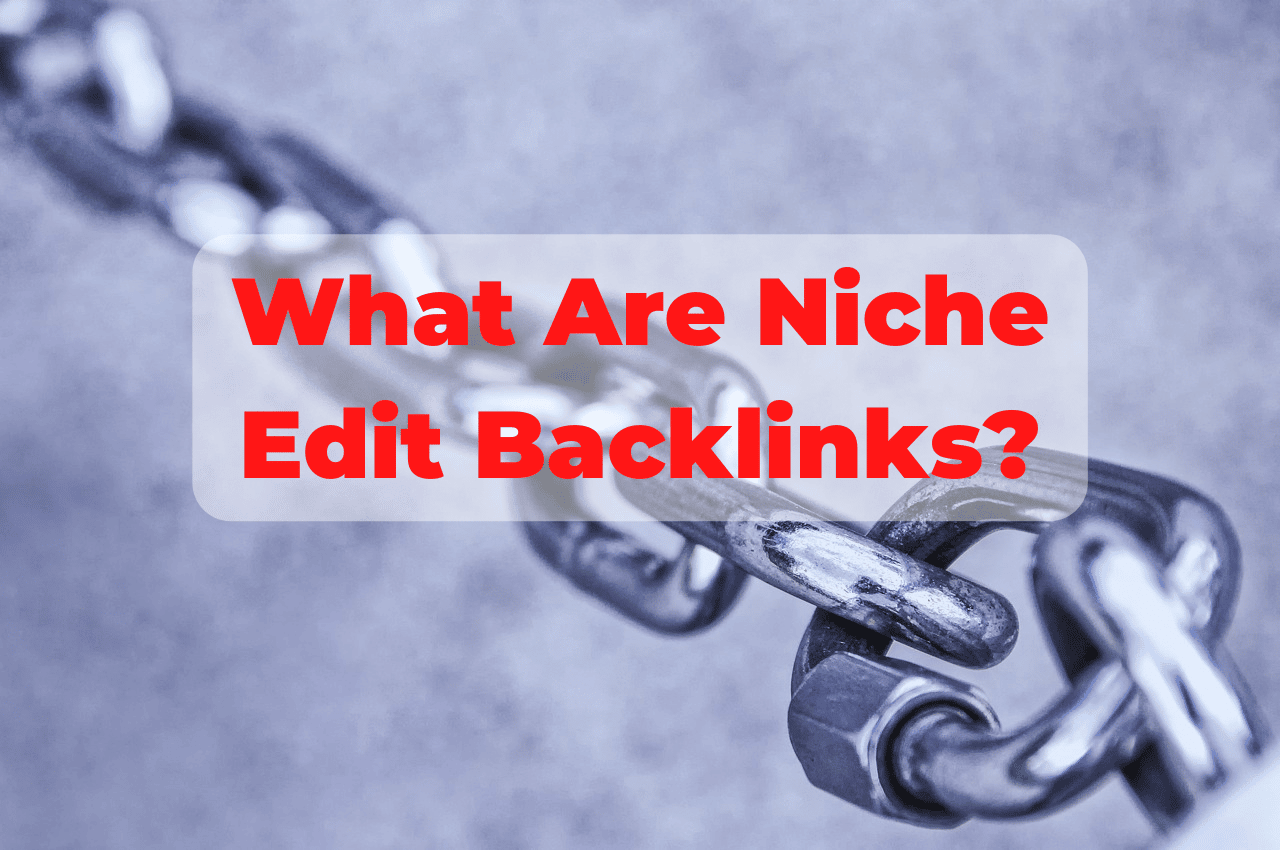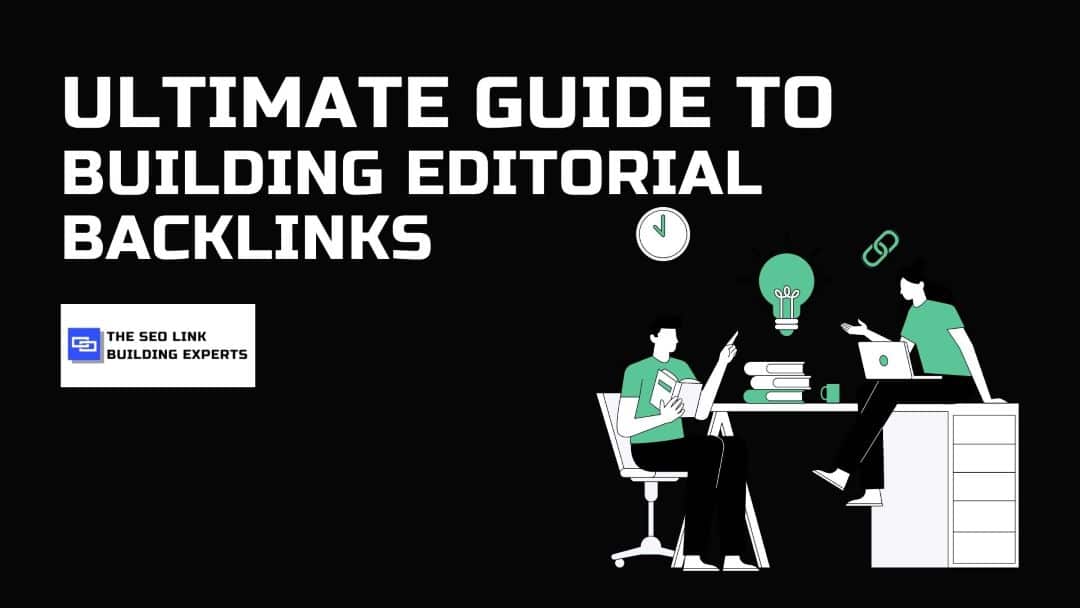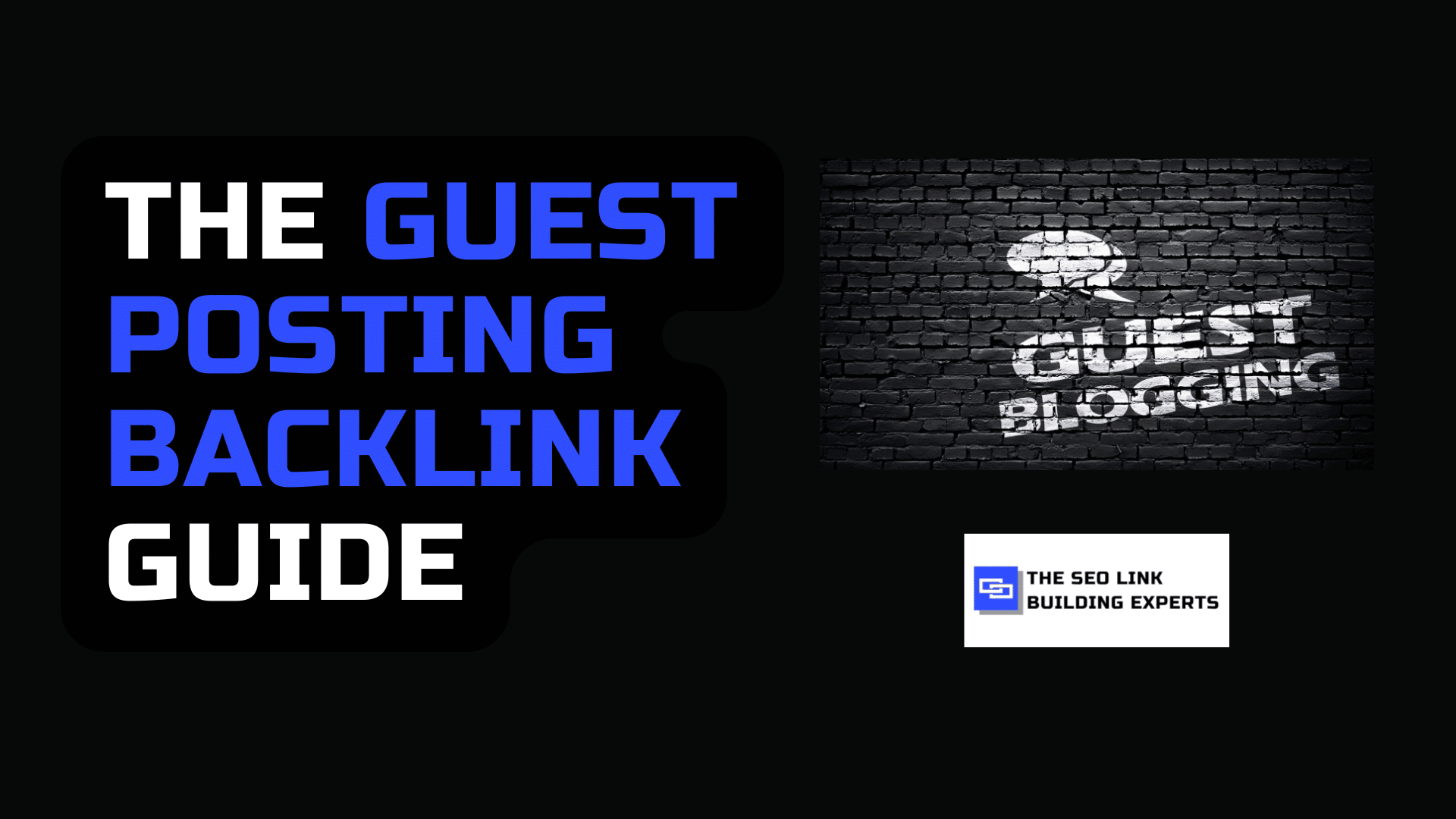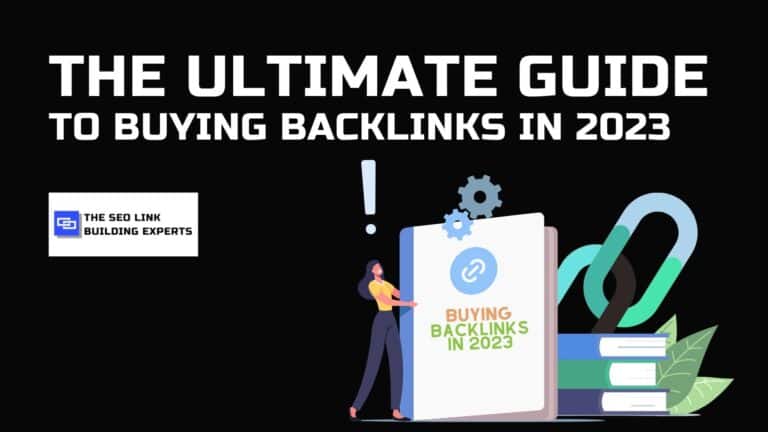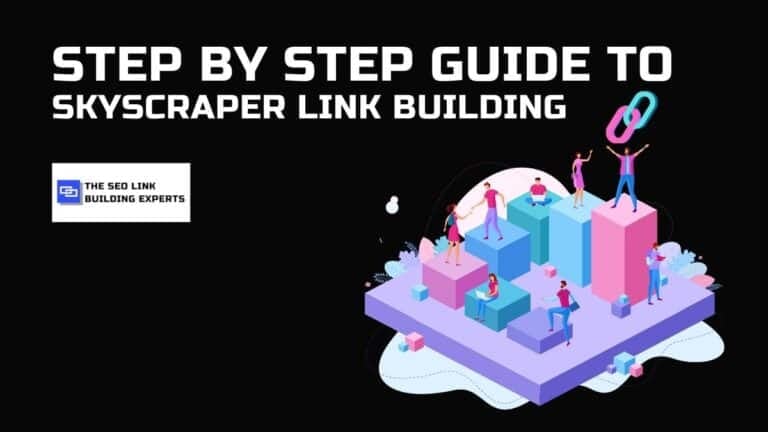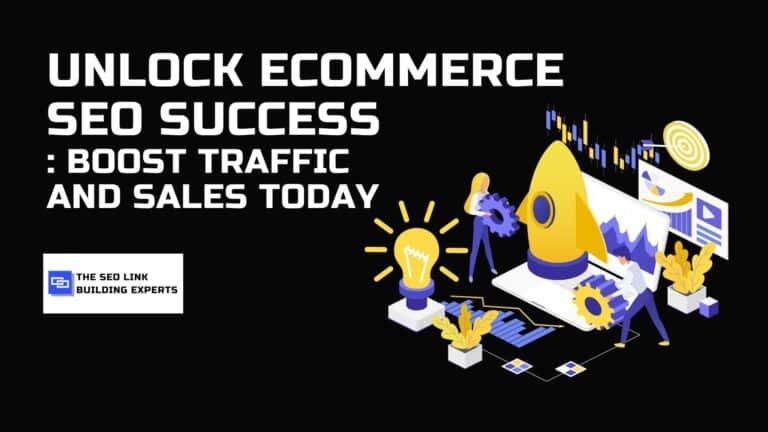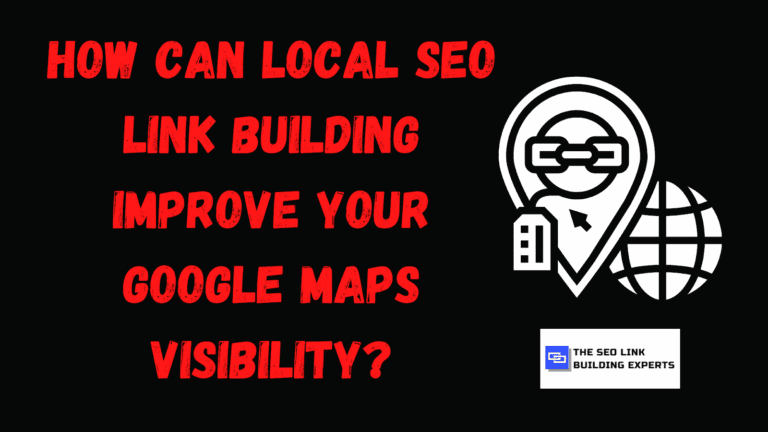What Is Off Page SEO? A Guide to Off-Page SEO Strategy
Search Engine Optimization (SEO) is the practice of optimizing your website to rank higher on search engine results pages (SERPs) for specific keywords. However, SEO does not only involve on-page factors like content and structure. Off-page SEO refers to all the actions taken outside of your website to improve its visibility and relevance on SERPs.
In this comprehensive guide, we’ll explore the importance of off-page optimization, the various factors that affect it, and how to implement a successful off page SEO strategy.
Key Takeaways:
- Off-page SEO refers to the actions taken outside of your website to improve its visibility and relevance on SERPs.
- Factors affecting off-page SEO include link building, social media, online reputation management, influencer outreach, and measuring success.
- By avoiding common mistakes and staying up-to-date with best practices, you can leverage off-page SEO for increased traffic and improved search engine rankings.
Understanding Offsite SEO Factors
Offsite SEO factors refer to the techniques that improve your website’s ranking on search engine results pages (SERPs) outside of your website’s coding and content. The primary goal of off-page SEO is to increase website visibility and credibility through a variety of tactics.
There are several key factors that play into off-page SEO success:
| Off-Page SEO Factors | Description |
|---|---|
| Link Building | The process of getting other websites to link back to your website. The quality and relevance of these links play a role in determining search engine rankings. |
| Social Media | The use of various social media platforms to promote your website, content, and brand. Social signals can impact search engine rankings. |
| Online Reputation Management | The proactive management of your online reputation ensures positive online reviews, ratings, and feedback. This can indirectly impact search engine rankings. |
| Influencer Outreach | The process of building relationships with influential individuals in your industry to promote your brand and content. This can help increase website traffic and improve search engine rankings. |
By understanding and leveraging these off page SEO factors, you can improve your website’s visibility and ranking on search engine results pages.
Understanding Off Page SEO Factors
It’s important to have a solid understanding of each off-page SEO factor in order to develop a successful strategy.
Link building is one of the most important factors, as it signals to search engines that other websites consider your content to be high quality and relevant. Social media can also have a significant impact on off-site optimization, as social signals can influence search engine rankings. Online reputation management is also crucial, as positive online reviews and feedback can indirectly impact search engine visibility. Finally, influencer outreach can help increase website traffic and improve search engine rankings by building relationships with authoritative individuals in your industry.

The Power of Link Building in Off Page SEO
One of the most crucial off-page SEO techniques is link building. Off-site links from other websites directed to your website help to establish your website’s authority and credibility in the eyes of search engines. The more quality links your website earns, the higher you may rank in search engine results pages (SERPs).
However, not all links are created equal. Search engines prioritize links from high-authority websites, those in a similar niche or industry, and those that use relevant anchor text. Therefore, it’s important to focus on earning quality links rather than simply accumulating a large quantity of them.
The Benefits of Link Building
Link building through off-page SEO can bring several benefits:
- Improving search engine rankings: As mentioned, high-quality links can help improve your website’s ranking in SERPs.
- Increased referral traffic: Links from other websites can direct users to your website, increasing your organic traffic and potentially leading to conversions.
- Building brand awareness: Link building can increase the visibility and credibility of your brand online as users come across your website through links.
Effective Link Building Strategies
Effective link-building requires a combination of various strategies:
| Strategy | Description |
|---|---|
| Guest posting | Writing articles or blog posts for other websites and requesting a link back to your website in return. |
| Broken link building | Finding broken links on other websites and offering replacements with links to your website’s relevant content. |
| Influencer outreach | Reaching out to influential people in your niche or industry and requesting links to your website’s content. |
Remember, link building should be an ongoing process rather than a one-time effort. Continuously seeking opportunities to earn quality links will help to establish your website’s authority and improve your off-page SEO strategy in the long run.
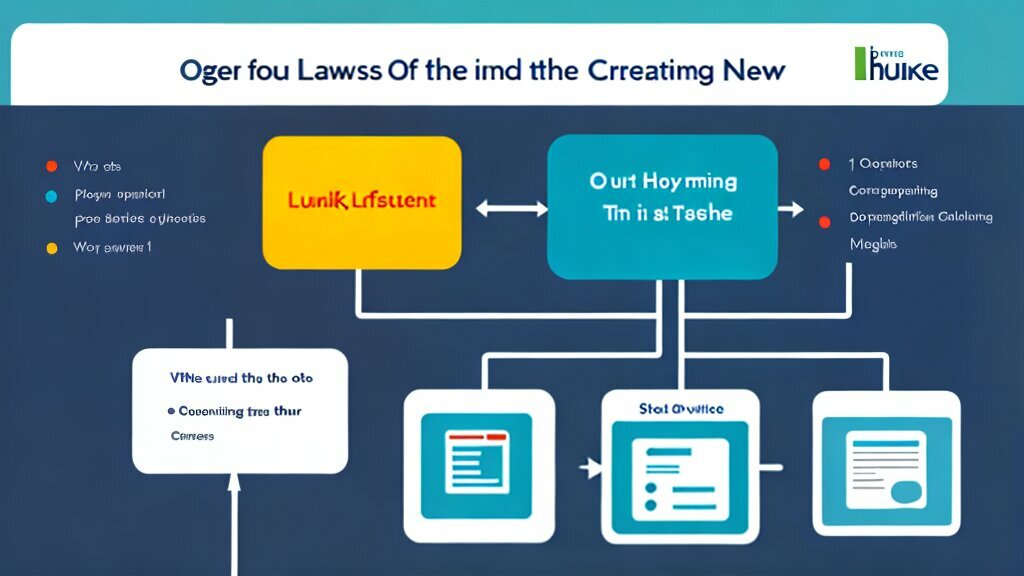
Leveraging Social Media in Off-Page SEO
Social media has become an integral part of our daily lives and plays a significant role in off-page SEO. It is a powerful tool that can help your website gain valuable backlinks and drive traffic to your site.
The key to success with social media and SEO off page optimization is to create engaging content that is easy to share. When people share your content on their social media profiles, it increases the visibility of your brand and drives traffic to your site. This can lead to valuable backlinks and increased authority in the eyes of search engines.
Using Social Media for Backlinks
One way to use social media for off-page SEO is to leverage it for backlinks. When you share high-quality content that people find useful or entertaining, they are more likely to share it with their own followers. This can lead to valuable backlinks to your site, which can improve your search engine rankings.
To maximize the potential of social media for backlinks, it’s essential to create shareable content that aligns with your brand’s values and goals. This can be anything from blog posts and infographics to videos and podcasts. The key is to make your content visually appealing and easy to consume, so it is more likely to be shared by your followers.

Engaging with Your Audience
Social media is also an excellent platform for engaging with your audience and building relationships. By responding to comments and messages, you can show your followers that you value their input and care about their opinions.
Engaging with your audience can also lead to more shares and backlinks. When people feel connected to a brand or individual, they are more likely to share their content with their followers and link back to their site. This not only drives traffic to your site but also helps to build your brand’s authority and reputation online.
In conclusion, social media is a powerful tool for off-page SEO that can help your website gain valuable backlinks and drive traffic to your site. By creating engaging content and engaging with your audience, you can build strong relationships that lead to increased visibility and authority in the eyes of search engines.
The Importance of Online Reputation Management
Off-page SEO factors extend beyond just link building and social media presence. Maintaining a positive online reputation is crucial for any business looking to succeed in the digital space. Online reputation management (ORM) involves monitoring, addressing, and mitigating negative feedback or reviews online, as well as promoting positive customer experiences.
Having a favorable online reputation can greatly impact your offsite optimization efforts, as search engines take into consideration how customers perceive a brand. Additionally, ORM can help build trust and credibility with potential customers, leading to increased website traffic, engagement, and sales.
One way to improve your online reputation is to actively engage with customers on social media. Responding to both positive and negative feedback in a timely and professional manner can showcase your commitment to customer satisfaction and demonstrate the value you place on their opinions.
Incorporating customer reviews and testimonials on your website and other online platforms can also boost your online reputation. Not only does this provide social proof of your business’s quality and credibility, it can also improve your search engine rankings by increasing the quantity and quality of backlinks to your site.

Remember, negative reviews and comments cannot always be avoided, but addressing them in a proactive and authentic manner can showcase your dedication to customer satisfaction and improve your overall online reputation.
Incorporating Influencer Outreach in Off-Page SEO Strategy
One effective off page seo technique is influencer outreach. Influencers are individuals who have a large following on social media and can promote your brand to their audience. By working with influencers, you can increase brand awareness, build backlinks, and boost your website’s visibility.
The first step in influencer outreach is identifying the right influencers for your brand. Look for individuals whose audience aligns with your target demographic. Once you’ve identified potential influencers, it’s time to reach out to them.
| Best Practices for Influencer Outreach |
|---|
| 1. Personalize your outreach message to each influencer. |
| 2. Provide clear instructions on what you would like the influencer to do. |
| 3. Offer something of value in exchange for their promotion. |
When working with influencers, it’s important to give them creative control over how they promote your brand. Authenticity is key in influencer marketing, and forcing a specific message can come across as disingenuous.
Additionally, make sure to track the success of your influencer outreach campaigns. Use tools to monitor website traffic and backlinks generated from the campaign.

By incorporating influencer outreach in your off-page SEO strategy, you can reach a wider audience and increase your website’s visibility. Just remember to follow best practices and track the success of your campaigns.
The Importance of Measuring Off-Page SEO Success
Measuring the success of your SEO off site optimization strategies is crucial to improving your website’s rankings and increasing your organic traffic. Without measuring the impact of your efforts, it can be difficult to determine what is working and what needs adjustment.
One of the key metrics to track is your website’s backlink profile. This includes the number of backlinks, the quality of those links, and their relevance to your website’s content. Tools like Ahrefs and Moz can help you analyze your backlink profile and identify ways to improve it.
| Metrics to Track for Off-Page SEO Success | Tools to Use |
|---|---|
| Number of backlinks | Ahrefs, Moz, SEMrush |
| Quality of backlinks | Ahrefs, Moz, SEMrush |
| Relevance of backlinks | Ahrefs, Moz, SEMrush |
| Domain Authority (DA) | Moz, SEMrush |
| Page Authority (PA) | Moz, SEMrush |
Other metrics to track include your website’s overall organic traffic, the number of social media shares and engagement, and your website’s overall search engine rankings. Google Analytics, Google Search Console, and social media analytics tools can help you track these metrics.
Regularly analyzing and adjusting your off-page SEO strategies based on metrics and data can help you stay ahead of the competition and improve your website’s visibility and authority in search engine results pages.

Staying Up-to-Date with Off-Page SEO Best Practices
Off-page SEO best practices constantly evolve as search engines update their algorithms and user behavior changes. As a result, it is important to stay up-to-date with the latest trends and techniques to optimize your off-page SEO efforts.
One way to stay informed is to follow reputable SEO blogs, such as Moz, Search Engine Land, and SEMrush. These blogs provide regular updates on the latest industry news, algorithm changes, and successful strategies for off page search engine optimization.
Additionally, attending industry conferences and events can provide valuable insights and opportunities to network with fellow SEO professionals. The annual Search Marketing Expo (SMX) and Pubcon conferences are two popular events for staying up-to-date with the latest trends in off-page SEO.
Using tools such as Google Analytics and Google Search Console to monitor website traffic and search rankings can also help you adjust your off-page SEO strategy. By analyzing your website’s traffic sources and search queries, you can identify areas for improvement and adjust your link building and content marketing efforts accordingly.

Remember, staying up-to-date with off-page SEO best practices is crucial to maintaining high search engine rankings and driving targeted traffic to your website.
Common Off-Page SEO Mistakes to Avoid
Despite the importance of off-page SEO for your website’s visibility and search engine rankings, there are several common mistakes that many website owners make when implementing their off-page SEO strategy. Avoiding these mistakes can help you achieve better results and make the most out of your off-page optimization efforts.
1. Neglecting On-Page SEO
While off-page SEO is crucial for your website’s visibility, neglecting on-page SEO can sabotage your efforts. On-page SEO involves optimizing your website’s content, structure, and HTML code, and it plays a significant role in search engine rankings. Neglecting on-page SEO can also negatively impact user experience, resulting in a high bounce rate and lower conversion rates.
2. Focusing Solely on Link Building
Link building is an essential component of off-page SEO, but it’s not the only factor that search engines consider when ranking websites. Focusing solely on link building and neglecting other off-page optimization factors, such as social media engagement and online reputation management, can hurt your website’s overall visibility and rankings.
3. Prioritizing Quantity Over Quality
When it comes to link building and other off-page SEO tactics, quality should always take precedence over quantity. Low-quality links and spammy tactics can result in penalization by search engines, hurting your website’s rankings and reputation. Instead, focus on building high-quality links and engaging in legitimate off-page optimization techniques.
4. Forgetting Your Target Audience
While optimizing your website for search engines is crucial for visibility, ultimately, your target audience is who you should be catering to. Neglecting your target audience’s needs and preferences when implementing off-page SEO strategies can result in lower engagement, conversions, and overall website success.
5. Not Analyzing and Adjusting Your Strategy
Implementing an off-page SEO strategy and forgetting about it is a common mistake that website owners make. Analyzing your results and adjusting your strategies accordingly is critical for ongoing success. By monitoring your website’s performance and making changes as needed, you can stay ahead of the competition and achieve long-term success.
Avoiding these common off-page SEO mistakes can help you achieve better results and improve your website’s overall visibility and search engine rankings.

Off-Page SEO Case Studies and Success Stories
It’s easy to talk about the benefits of off-page SEO, but it’s even more convincing to see real-life examples of how it has impacted businesses. Here are a few case studies and success stories:
| Company | Goal | Strategy | Results |
|---|---|---|---|
| Avensure | Increase organic traffic | Guest posting | 50% increase in organic traffic |
| Peaches Boutique | Boost search engine rankings | Broken link building | Top 3 rankings for target keywords |
These companies used off-page SEO techniques to achieve their goals. Guest posting and broken link building are just a few examples of the many strategies available to businesses. However, it’s important to note that off-page SEO is not a one-size-fits-all approach. What works for one company may not work for another.
That’s where experimentation and testing come in. Analyzing data and adjusting strategies accordingly can lead to even greater success. By continuously monitoring and improving off-page SEO tactics, businesses can see significant growth in their online presence.

As you can see, off-page SEO can make a huge difference in a business’s online success. By implementing these techniques and continually testing and adjusting strategies, your business can achieve similar results.
Off-Page SEO Wrap Up
Off-page SEO is an essential component of any successful search engine optimization strategy. By focusing on optimizing factors outside of your website, you can improve your online reputation, build high-quality backlinks, and boost your visibility on search engine results pages.
Effective off-page SEO requires a combination of techniques, including link building, social media, influencer outreach, and online reputation management. By measuring the success of your off-page SEO efforts and staying up-to-date with best practices, you can avoid common mistakes and achieve long-term success.
Through case studies and success stories, we have seen the power of off-page SEO in action. From small businesses to large corporations, implementing a strong off-page SEO strategy can make a significant impact on your online presence and drive tangible results.
By taking the time to understand and implement off-page SEO tactics, you can propel your website to the top of search engine rankings and attract more traffic and customers to your site. Don’t overlook the importance of off-page optimization – start incorporating these techniques into your SEO strategy today.


